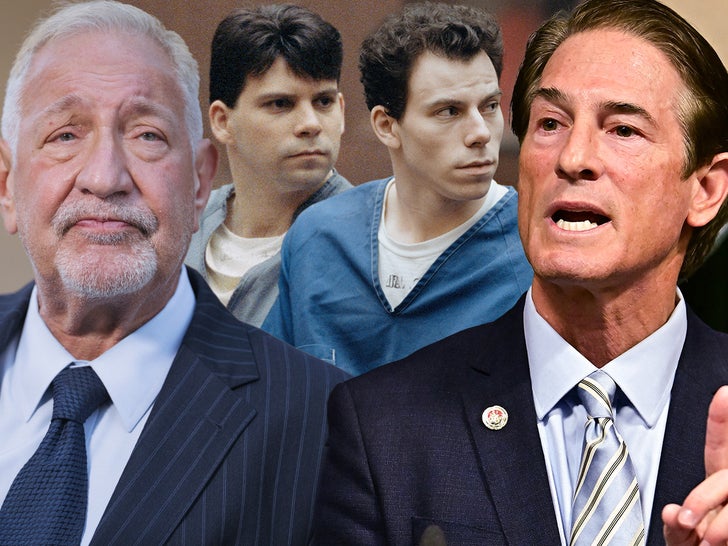The state of emergency (SoE) has ended on a successful note. Whether that success will persist in the coming months is the critical question. The SoE, which started on December 30 last year and was extended for three months on January 13, automatically ended yesterday with Parliament prorogued for the April 28 general election.
The SoE’s main accomplishment has undoubtedly been the 30% reduction in the homicide rate cited by the Trinidad and Tobago Police Service (TTPS). Last year, the homicide total for the period was 157; this year, it was 112. This means that, statistically, 45 people are alive today who would have been murdered save for the SoE.

If we extrapolate this figure to the entire year, almost 200 lives can be saved if law enforcement and Government can maintain this state of crime control. That, however, will be no easy task. According to data released by the TTPS, 5,092 operations were conducted during the SoE, with 35,522 searches, 3,926 arrests, with 195 firearms and 4,080 rounds of ammunition seized.
It is unlikely that the police can maintain this rate of heightened activity all year round. And, even if they could, they no longer have the emergency powers that allowed arrests of leading suspects. In an interview published in yesterday’s Sunday Express, Acting Deputy Commissioner of Police Curt Simon revealed that 50 persons had been detained under preventive detention orders (PDOs) during the SoE.
But, up to the weekend, only 14 of them were to be charged. According to Simon, these 14 are members of two major gangs. If so, why has it taken so long to charge them? As for the other 36 individuals, Simon said that the TTPS had “short, medium, and long-term strategies” to ensure they eventually appeared in court.
That is not exactly reassuring. It seems likely that the 30% drop in homicides was directly related to incarcerating these 50 persons, ensuring that they could neither give orders nor take part in the gang battles and drug trafficking that have driven up Trinidad and Tobago’s murder rate to the sixth highest in the world. Yet, even if the gang members and other criminals had suspended or reduced their murders, assaults, home invasions, and robberies, what stops them from resuming business as usual once they are back on the streets? Before the SoE, the TTPS had proven woefully unable to reduce crime.
And, even if they somehow manage to contain these 50 people, what’s to stop other individuals from taking their place? The fact is, the SoE has been successful only in dealing with symptoms, rather than root causes. In this regard, it is significant that none of the political parties, big or small, have made crime a central issue. Not a single politician has spoken about drug legislation, links between the Unemployment Relief Programme (URP) and gang leaders, and other drivers of criminal activity.
Given this studied silence, citizens should be bracing themselves for a return to rampant crime, no matter which party wins the election..
Politics

SoE saved lives —now what?

The state of emergency (SoE) has ended on a successful note. Whether that success will persist in the coming months is the critical question.The SoE, which started on December 30 last year and was extended for three months on January...















